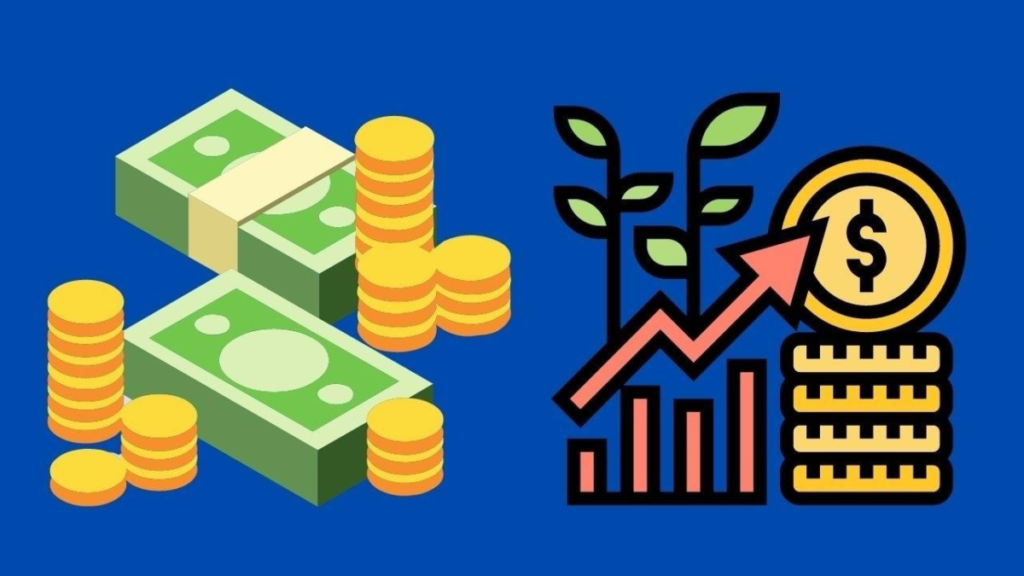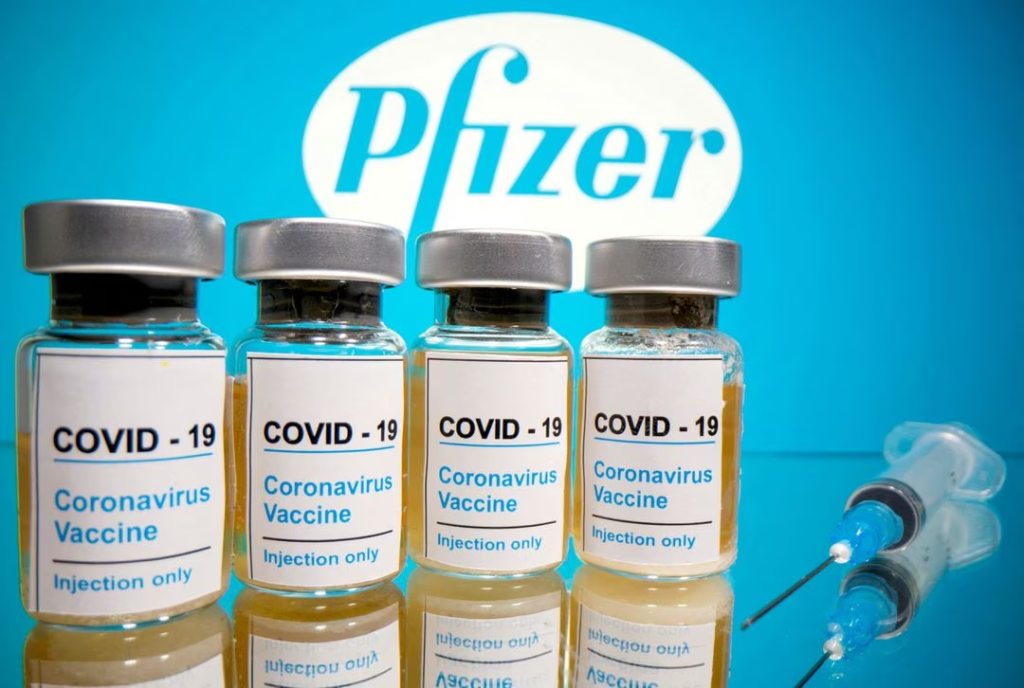
Definition:
Capitalism is an economic system where individuals can own and manage businesses, industries, and property. Market prices are determined by supply and demand, instead of a central government regulating prices and the production of goods. Capitalism is driven by the profit motive, or the desire for financial gain. The profit motive drives competition to be more customer-oriented and causes competitors to sell their goods at a low cost to gain market share.
History:
The history of capitalism dates back to the 16th century, although there were already capitalist institutions present in Europe during the Middle Ages. During the 18th century, England had begun its Industrial Revolution, leading to an explosion of manufacturing that began to overtake the island. This was the time when modern capitalism began to flourish.In 1776, the father of modern capitalism, Adam Smith, published An Inquiry into the Nature and Causes of the Wealth of Nations, a book that represents the birth of free-market economics.
Examples:

McDonald’s is one of the most famous fast-food chains in the world. McDonald’s is owned by different shareholders, and the share price is dependent on supply and demand. Fast-food chains are all about efficiency in serving their customers food that is grab-and-go. For many people who don’t have the time or desire to cook a meal, their next option would probably be to turn to fast food. Because the prices of food at McDonald’s may be relatively low compared to other fast-food chains, McDonald’s may corner the fast food market, which in turn leads to profit. McDonald’s competes against other fast-food chains such as Burger King, Wendy’s, and Chipotle with lower prices, promotions, deals, etc.

Pharmaceutical companies are another example of capitalism. Medicine is an extremely common necessity in many people’s lives. This necessity is the demand for medicine, which will help pharmaceutical companies turn a big profit. Because demand is so high, the prices of various medicines will be expensive since these companies know that people have no choice but to buy them. The expensive price of medicine usually stems from brand-name drugs compared to generic drugs. Investors may pour money into developing a generic drug, which will cost less than a brand-name drug but contain the same active ingredients. Investors hope that since the brand-name drug and generic drug contain the same active ingredients, the low cost of the generic may give it a competitive edge in the market.

Before the COVID-19 pandemic, Zoom was unheard of by many people. However, the COVID-19 pandemic led to social distancing, which impacted a lot of jobs and schools. Remote learning and jobs were the norm for the year when everyone was in lockdown. Zoom became very popular, almost overnight, because the demand for a virtual collaboration tool was so high. This has also led many tech companies to develop software that allows for virtual collaboration. During this time, Zoom had competitors such as Webex and Adobe Connect, but Zoom seems to be the most popular due to its efficiency and innovative features.
Inequality in Capitalism
Despite capitalism being praised as a free market where everyone has the opportunity to become wealthy, there are pitfalls to this economic system. One of these pitfalls is monopoly power. Big firms or companies have the power to gain control over the market for certain goods, which makes it hard for smaller businesses to compete. Cornering the market for a certain good can lead to an increase in the price of the goods because people will have no choice but to buy them. Another trend that experts have noticed is the unequal distribution of wealth. Private property that is not government-owned can be passed down through generations. Those who inherit the property have an advantage over those who were not born into money. These advantages may include better access to education, which may lead to better jobs.
Works Cited
Iannucci, H., & Perino, A. (2023, June 5). The real costs of Rainbow Capitalism. National Women’s Law Center. https://nwlc.org/the-real-costs-of-rainbow-capitalism/
Ikerd, J. (n.d.). University of Missouri – Sustainable Capitalism: Our Best Hope for the future. University of Missouri – Sustainable Capitalism: Our Best Hope for the Future. https://ikerdj.mufaculty.umsystem.edu/presentation-papers/sustainable-economies/sustainable-capitalism-our-best-hope-for-the-future
Jahan, S., & Mahmud, A. S. (2018, May 10). What is capitalism?. IMF. https://www.imf.org/en/Publications/fandd/issues/Series/Back-to-Basics/Capitalism
Kelly, Kim. “Everything You Need to Know about Capitalism.” Teen Vogue, 25 Aug. 2020, www.teenvogue.com/story/what-capitalism-is.
Pettinger, T., Fernando, N., John, Joe, Greg, Jussi, & Torcivia, A. P. (2022, June 14). Inequality and capitalism. Economics Help. https://www.economicshelp.org/blog/2935/economics/inequality-and-capitalism/#:~:text=Other%20Types%20of%20Inequality%20in%20Capitalism&text=However%2C%20capitalism%20can%20also%20lead,high%20prices%20and%20deter%20entry.
Sachs, J. D. (n.d.). Oxford Review – The Earth Institute – Columbia University. Oxford Review of Economic Policy. https://www.earth.columbia.edu/sitefiles/file/about/director/pubs/Oxfordreview_winter99.pdf
